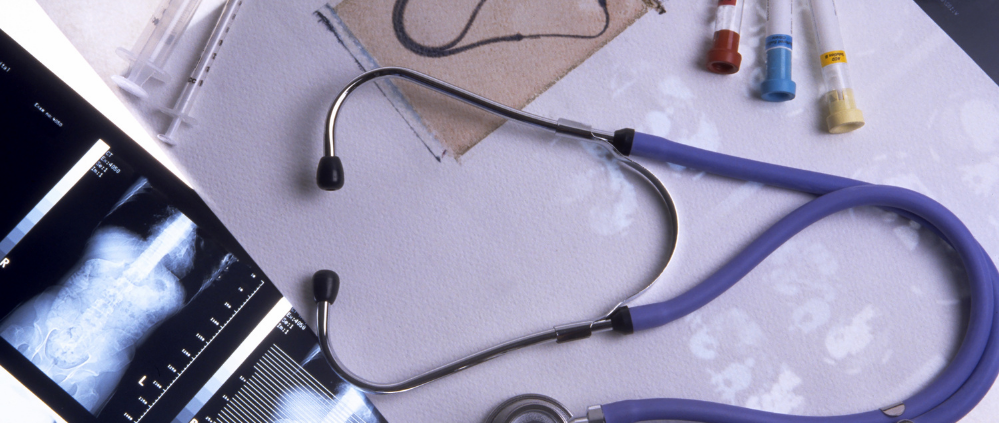If you or a loved one recently went through a medical experience that resulted in pain, lasting injury, or death, you may have a medical malpractice case.
What Is a Medical Malpractice Case?
A medical malpractice case is a type of personal injury lawsuit that seeks damages for a patient who experienced a negative healthcare outcome due to the negligence of their healthcare provider or providers.
The criteria for a medical malpractice case is often outlined as the four “D’s” of medical negligence. For a medical malpractice case to have merit, it must meet these criteria.
- Duty: The healthcare provider had a clear duty to care for the patient. The healthcare provider and the patient had an established relationship.
- Deviation: The healthcare provider deviated from standard of care. Standard of care is a legal term which means a healthcare provider must provide the same level of care as other qualified practitioners.
- Direct Cause: The actions or inaction of a healthcare provider caused direct harm to the patient. The provider must have done something or failed to do something that directly caused harm.
- Damages: The actions or inaction of a healthcare provider caused the patient to incur financial, physical, or emotional damages. The patient is entitled to compensation to cover the losses they experienced.
If you are wondering if you have a medical malpractice case, consider if your situation meets the four D’s and matches any of the example situations listed below.
11 Examples of Medical Malpractice
Healthcare providers sign an oath to treat the sick to the best of their abilities. If you or a loved one did not receive the level of care that you needed in one of these situations, you may have a medical malpractice case.
#1) There was a failure to diagnose. You or a loved one sought medical care and were told that there wasn’t anything wrong or that there wasn’t any reason for treatment and then later, you found out that there was an issue that required medical attention.
#2) There was improper or inadequate testing. You or a loved one sought medical care, and the provider did not perform the tests that could have helped lead to a diagnosis or treatment.
#3) There was a misdiagnosis. A healthcare provider diagnosed an ailment as the wrong disease, disorder, injury, or illness. They may also have provided the wrong treatment as a result of the misdiagnosis.
#4) The wrong medication or the wrong amount of medication was administered. A healthcare provider gave the wrong medication or the wrong amount of medication to a patient, and it harmed the patient.
#5) There was a mistake during a procedure. A healthcare provider made an error during a routine procedure, and it caused harm to the patient.
#6) The wrong treatment or procedure was given. You or a loved one received treatment or a procedure that wasn’t needed, necessary, or relevant to your healthcare needs.
#7) There was a lack of informed consent. The healthcare provider failed to explain all of the risks associated with a prescribed treatment. Or, the healthcare provider performed a procedure that the patient (or patient’s legal guardian) didn’t agree to.
#8) The quality of care was insufficient. One or more healthcare providers provided inadequate care. The care may have been insufficient because there was not enough staff on hand, the staff neglected care, or the staff was under the influence of alcohol or drugs.
#9) There were surgical errors. Errors occurred during surgery that were preventable, such as tools not being sterilized properly and leading to infection, bodily harm caused by careless patient transport, or in major cases, the wrong surgery was conducted.
#10) There was no follow-up care. You or a loved one sought medical care, and the healthcare provider did not follow up after the procedure or treatment when aftercare was essential and needed.
#11) There was a death after a routine medical procedure. A healthcare provider performed a routine medical procedure, and it resulted in death. A wrongful death occurs when the patient should not have died as a result of their treatment or care.
Related: Personal Injury Compensation: What Can You Fight For?
How to File a Medical Malpractice Case
A patient doesn’t cause the financial, physical, or emotional burdens that are the result of negligent medical care — and they should not be responsible for the burdens.
Take the first step in holding the appropriate parties responsible for malpractice by getting a free consultation with an experienced attorney who can listen to the details of your case and tell you if you have a case worth fighting for.
If you have a case to discuss, contact TJ Grimaldi today. All consultations are 100% free so you have nothing to lose by sharing the details of your case and seeing how TJ can use his experience to help you or a loved one receive the damages you deserve.
Schedule your consultation or call 813-226-1023 now.




Leave a Reply
Want to join the discussion?Feel free to contribute!